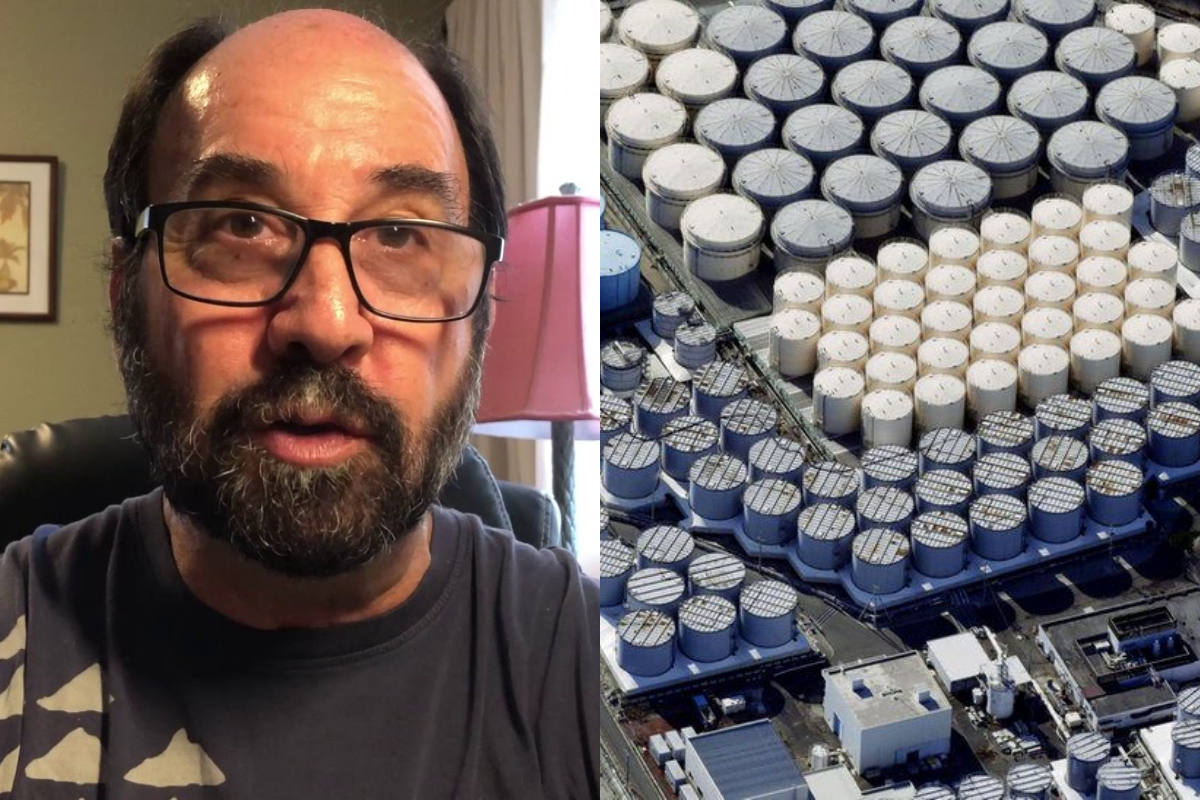High Gas Prices Put a Strain on Japanese Households
The average retail gasoline price in Japan reached its highest point in...

Japan’s nuclear wastewater decision ‘disappointing’, say experts
The news of Japan’s decision to move forward with releasing treated radioactive contaminated water is disheartening, though not entirely unexpected, according to a marine expert.
Despite widespread concerns from the public and strong opposition both domestically and internationally, the Japanese government declared on Tuesday their intention to commence the release of nuclear-contaminated wastewater from the damaged Fukushima Daiichi Nuclear Power Plant into the ocean starting this Thursday.
This choice runs counter to the principles of the UN Ocean Decade of Ocean Science for Sustainable Development (2021-2030), the recently ratified UN High Seas Treaty, and it also infringes upon the rights of native Pacific communities. Professor Robert Richmond, who heads the Kewalo Marine Laboratory at the University of Hawaii at Manoa, expressed that this decision goes against the collaborative and sustainable spirit of these agreements.
He emphasized that both Japan and the International Atomic Energy Agency (IAEA) have an opportunity to transform this challenging scenario into a chance to explore and create more effective strategies for dealing with nuclear disasters that are preferable to the practice of ocean disposal. Professor Richmond, who also serves on the Expert Scientific Advisory Panel to the Pacific Islands Forum, believes that innovative alternatives can emerge from this situation with a commitment to preserving our oceans and respecting the well-being of affected communities.
“Considering the documented deteriorating conditions of ocean health and that of those communities who depend on it, we should expect far better from those in positions of authority and responsibility,” he said.
“This is not the first such disaster nor will it be the last,” Richmond said, adding this decision undercuts the premise that the nuclear power industry is viable and responsible in its ability to deal with its own mistakes and wastes.
“As the saying goes, those who do not learn from history are forced to repeat it, and this action will be to the detriment of future generations who will likely suffer the consequences of decisions that are made based on expediency, politics, and profit above people,” he said.
Japanese authorities have sufficiently processed the water, reaching a stage where it is considered safe according to officials. They have chosen to begin discharging this water into the Pacific Ocean.
Before releasing the first portion of water, it is crucial to examine the levels of cancer-causing radioactive isotopes: cesium-137, strontium-90, and iodine-131. This recommendation comes from David Krofcheck, who is a senior physics lecturer at the University of Auckland.
The radioactivity present in seafood and the resulting fishing restrictions are attributed to the isotopes that were released into the waters of Fukushima during and shortly after the 2011 catastrophe, as explained by Krofcheck.
The Fukushima nuclear power plant was struck by a powerful earthquake and subsequent tsunami in March 2011, leading to the melting of its reactor cores. This event produced a significant volume of water contaminated with radioactive materials as it was used to cool down the overheated nuclear fuel.
Catch all the Business News, Breaking News Event and Latest News Updates on The BOL News
Download The BOL News App to get the Daily News Update & Live News.